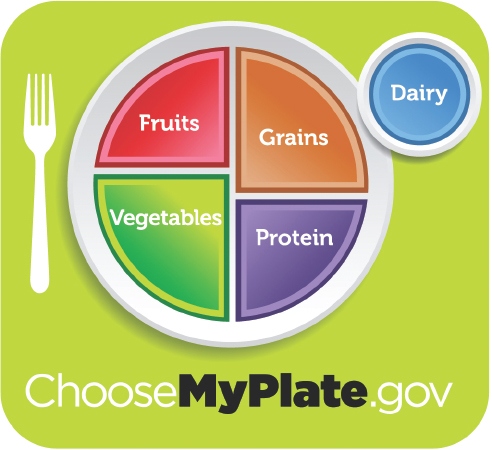Eating Disorders
Although we advise you to think about what you are eating from day to day, we also advise you not to overthink it. Remember that the key to good health is achieving balance, and an obsession with food intake may be a sign that things are out of balance. Over the last few decades, an increasing number of college students (both men and women) have been developing eating disorders such as anorexia nervosa (an extreme fear of gaining weight), bulimia (overeating followed by self-induced vomiting or laxative use), or binge eating disorder (compulsive overeating long past the feeling of being full).

Anyone who is struggling with an eating disorder should seek medical attention. Eating disorders can be life-threatening if they are not treated by a health care professional. Contact your student health center for more information, or contact the National Eating Disorder Association (http:/